Cocaine can make you feel great for a short time, but the crash hits hard. Many people don’t realize how closely cocaine and depression are linked. The emotional lows that follow a high aren’t just about coming down—they can be signs of something deeper. If you’ve been feeling stuck, moody, or numb after using, you’re not alone. This mix of drug use and mental health struggles is more common than most think. It’s not weakness. It’s something real that deserves attention. The good news is that help exists. You don’t have to figure this out alone. There are drug and alcohol treatment centers in West Virginia that understand both sides of this struggle. They know how to treat addiction and mental health at the same time. Let’s talk about what’s really going on.
How Cocaine Affects the Brain and Mood
Cocaine changes how your brain handles pleasure, focus, and energy. It increases dopamine, a chemical tied to feeling good. But this high fades fast. Once it’s gone, your brain crashes. Over time, cocaine stops you from feeling pleasure without it. This is one reason people relapse even after quitting. It becomes hard to feel anything without using again.
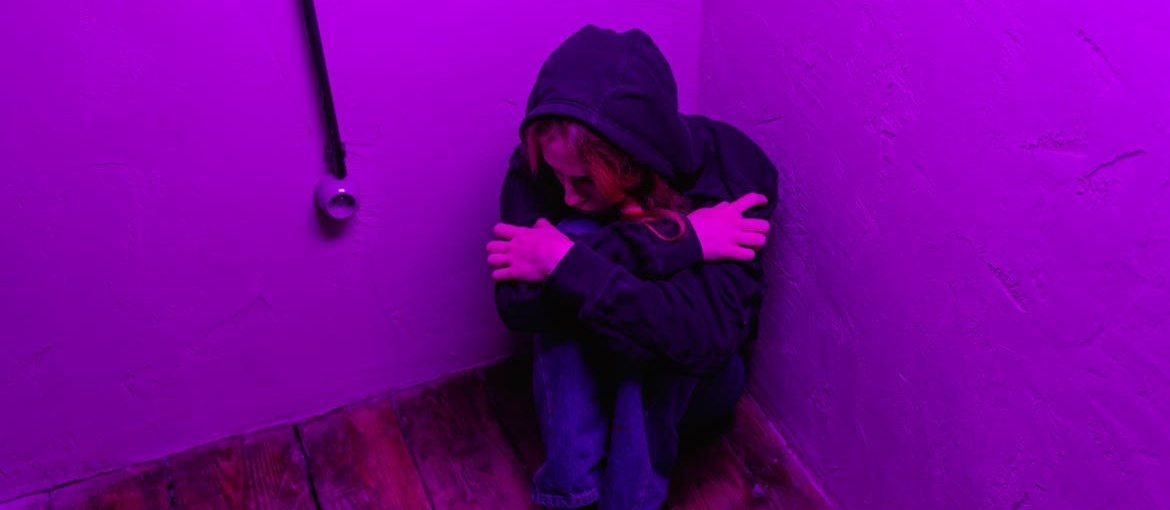
That’s where real help matters. A cocaine addiction rehab program focuses on restoring balance in the brain. You’ll also learn how to rebuild daily life without chasing short highs. If you’re asking, can stimulants make you depressed, the answer is yes—especially after long-term use. The emotional crash isn’t weakness. It’s chemical. And it’s fixable, with the right support and care.
Can Cocaine Use Cause Depression?
Yes. Cocaine affects mood, sleep, and brain chemicals that control emotion. So does withdrawal. That mix often leads to depression. Many people don’t even realize what’s happening. They think they’re just tired or having a bad day. But over time, the lows get worse. Cocaine addiction and detox go hand in hand with emotional crashes, making treatment harder. Many things can trigger depression after cocaine use. These are some of the most common reasons it happens:
- Sleep problems: Cocaine use wrecks sleep, which affects mood.
- Chemical imbalance: Long-term use damages dopamine function.
- Withdrawal symptoms: Fatigue, sadness, and mood swings after quitting.
- Past trauma: Drug use often hides untreated pain.
- Isolation: Using often cuts off healthy relationships and support.
Signs of Depression in Cocaine Users
Many people miss the signs until things feel too heavy to handle. But spotting them early can help. Depression in cocaine users often shows up as more than just sadness. It can look like anger, emptiness, or losing interest in things you used to care about. These warning signs can build slowly or hit hard all at once. If you’re wondering, which drug causes most depression, cocaine is high on the list for a reason. Here are signs to watch for if cocaine is part of the picture:
- Low energy: You feel drained even without doing much.
- Loss of interest: Nothing feels fun or worth doing.
- Mood swings: You switch from feeling high to very low fast.
- Irritability: Everything gets under your skin.
- Sleep problems: Either you can’t sleep or you sleep too much.
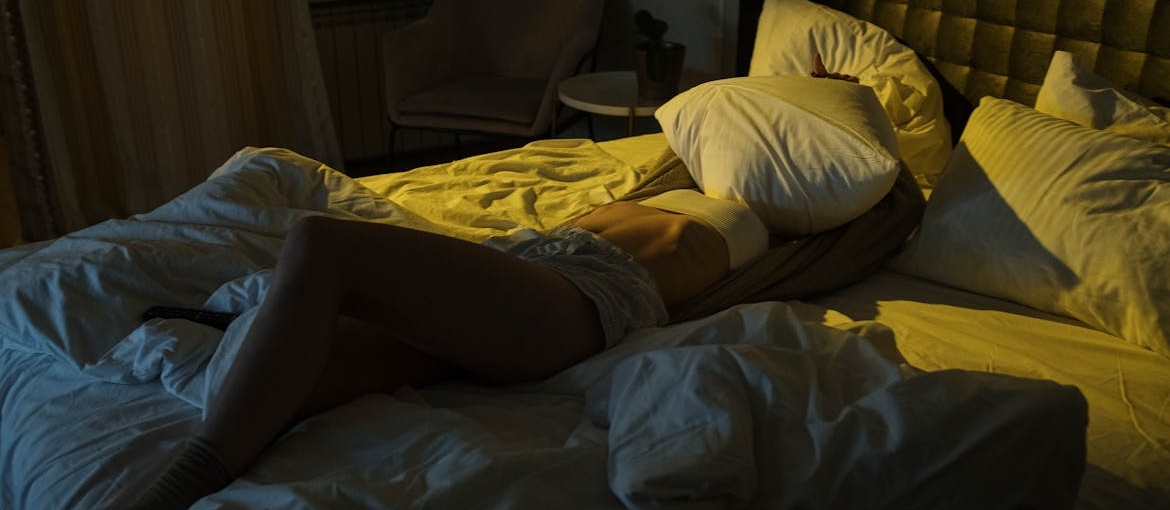
The Cycle of Cocaine Use and Depression
Cocaine makes you feel good for a moment, then drops you into a deep low. That’s the cycle many people get trapped in. You use to escape the sadness, but the drug brings more of it back. It gets worse over time. This pattern is hard to break without support. If you’re dealing with both addiction and mental health issues, you need help that treats both. If someone in your life struggles with cocaine and depression, or if you do, know this: the right care helps.
Some people try to balance cocaine use with other substances, including marijuana. That often makes things worse. Facilities that treat both, like marijuana rehab West Virginia locations, can handle co-occurring substance use. You don’t have to fight this alone. Real support changes everything.
Treating Both Cocaine Addiction and Depression
Treating cocaine and depression at the same time is the only way to heal fully. Focusing on one and ignoring the other leads to relapse or worsening symptoms. When you treat both together, you get better results and fewer setbacks. This is called dual diagnosis care. It means treating mental health and addiction at once, using real support, medical help, and therapy. Let’s look at the key parts of this kind of treatment.
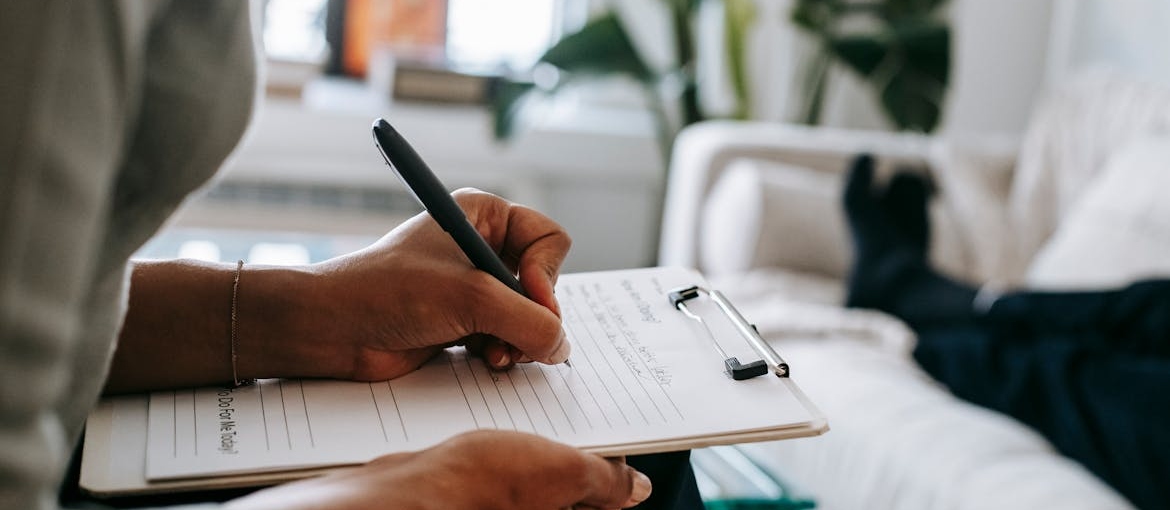
Why Dual Diagnosis Treatment Matters
If you only treat the addiction, the depression doesn’t go away. If you only treat the depression, the cocaine use might get worse. That’s why both need attention. Dual diagnosis care looks at everything you’re going through, not just one piece. It helps you manage triggers, mood swings, and cravings together. Individual therapy for addiction plays a big part.
One-on-one sessions give you space to talk about your habits, emotions, and history. Therapists work with you to uncover why you use and what you feel afterward. This isn’t just about fixing behavior—it’s about building coping skills. You also learn how to manage stress and emotions without turning to drugs. When both parts—cocaine and depression—get treated at the same time, healing feels more real and less overwhelming.
Therapy Options That Can Help
Not every therapy works for everyone, but there are proven options that help with cocaine and depression. One of them is dialectical behavior therapy for addiction. This method focuses on accepting your feelings while also working on change. You learn how to deal with emotional ups and downs without using drugs. DBT also helps with impulsive behavior and black-and-white thinking, which often show up in addiction and depression.
Group therapy and peer support also help you feel less alone. Talking to people who’ve been through it too can give you real hope. Some programs also include trauma therapy, which helps if your drug use started as a way to cope with past pain. The goal is to find what works best for your life—not just apply a one-size-fits-all fix.
Medication and Medical Supervision
For many people, recovery from cocaine and depression includes medication. Some antidepressants help balance your brain’s chemistry after long-term cocaine use. But this should always be done under medical care. Taking the wrong drug or stopping suddenly can make things worse. That’s where professional support comes in. A drug and alcohol rehab center Morgantown WV residents trust will have doctors who know how to manage both addiction and mental health needs.
They’ll track your progress and adjust care as needed. Detox can be rough, especially when depression shows up right after quitting cocaine. That’s when supervision matters most. You get the care you need to stay safe, stable, and motivated. Recovery isn’t just about willpower—it’s about having the right team watching out for you and guiding the process.
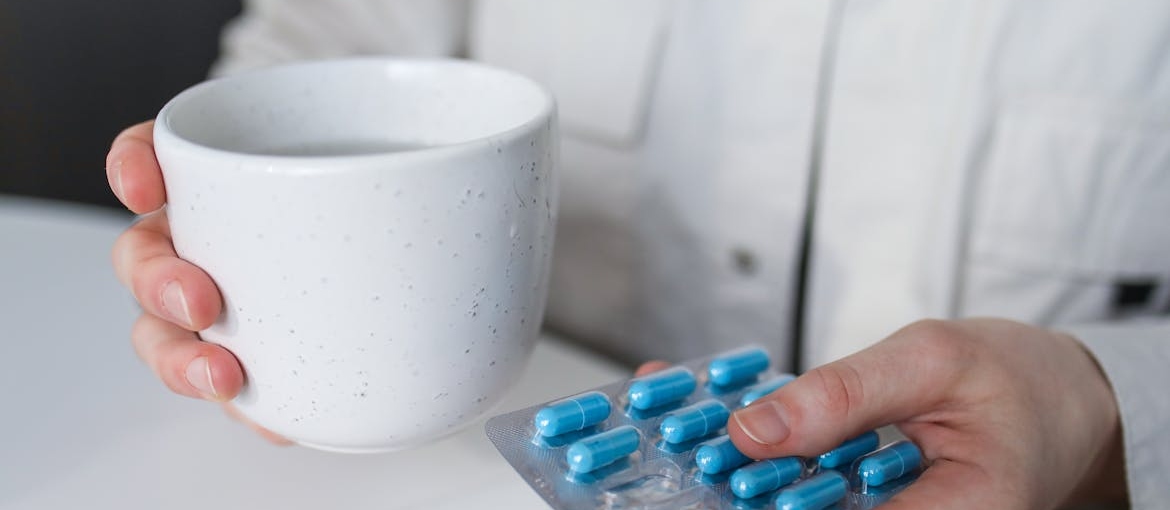
Getting Help for Cocaine Addiction and Depression
It’s hard to take the first step when you’re stuck in the middle of depression and cocaine. But getting help doesn’t have to be confusing or scary. There are real programs out there that focus on your exact needs. You’ll find support, structure, and people who actually understand. From medical care to therapy and peer groups, recovery works best when you’re not alone. Here’s what to expect when help starts.
What to Expect From Treatment Programs
Treatment for cocaine and depression is often structured in steps. The process meets you where you are and builds support over time. If you’re a veteran, some programs specialize in your needs, like rehab for veterans. Programs usually include:
- Detox support: Medical help to safely stop cocaine.
- Mental health screening: To diagnose and treat depression early.
- Therapy: Individual, group, or family sessions.
- Medication: If needed for depression or withdrawal.
- Aftercare planning: Support that continues after you leave treatment.
Support Systems That Make a Difference
Real recovery needs real support. That means people who check in, show up, and help you stay on track. This can be friends, family, or peer support groups. But professional support is just as important. Therapists, case managers, and counselors help you set goals, build routines, and deal with setbacks. Support groups are great for hearing from others who know what cocaine and depression feels like.
These connections make a difference, especially when you want to give up. Feeling understood matters. You’re not just another case to them—you’re someone worth helping. Some programs also offer family sessions so your loved ones can learn how to support your recovery without pressure or blame. Recovery is hard work, but having people on your side makes every step feel possible.
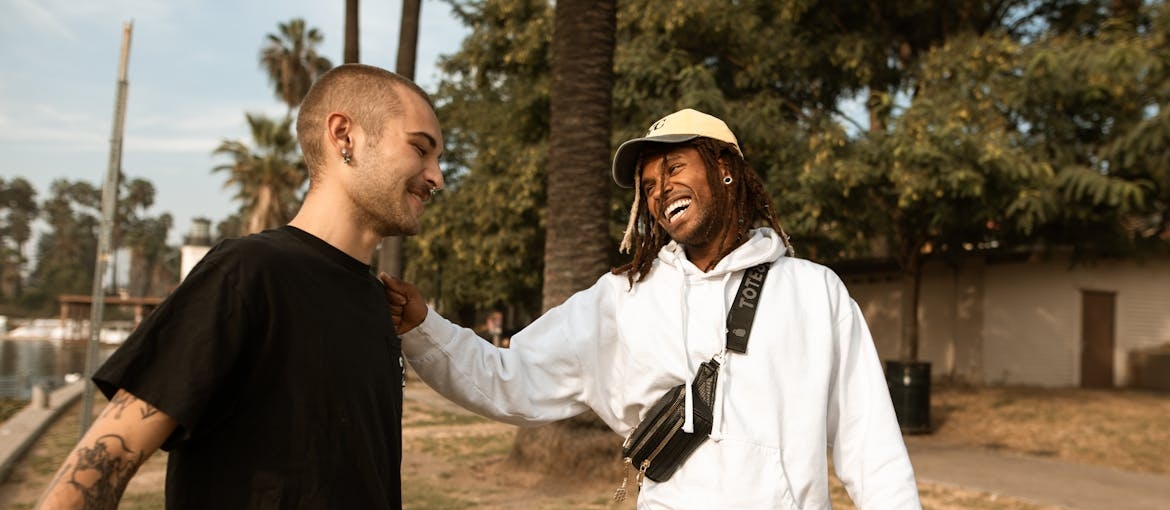
Why Early Intervention Is So Important
The longer you live with cocaine and depression, the harder it becomes to break the cycle. Depression drains your energy and motivation. Cocaine might feel like a fix in the moment, but it makes the lows even worse later. That’s why acting early matters. Getting help sooner gives you a better shot at feeling better, faster.
Early treatment also reduces the risk of overdose or serious mental health decline. Waiting can lead to job loss, broken relationships, or even medical problems. You deserve to stop that downward spiral before it gets worse. The sooner you talk to someone, the sooner you can build a plan that actually works. There’s no perfect time to get help. But there is a right time—and that time is now.
Why Some People Use Cocaine to Escape Emotional Pain
People don’t use cocaine just to party. Many use it to numb something deeper. Emotional pain—grief, trauma, stress, shame—can push people to seek relief fast. Cocaine brings quick highs. It blocks out the hurt, even if just for a little while. But that relief doesn’t last. The pain returns stronger, and the crash feels even worse. That’s how the cycle begins. For people who’ve never felt heard or safe, the drug becomes an escape.
But it also becomes a trap. If you’ve been asking yourself why nothing feels good anymore or why you keep using despite the consequences, this could be why. You’re not weak. You’re overwhelmed and hurting. There are better ways to cope. Therapy and support can help you deal with pain without masking it through cocaine.
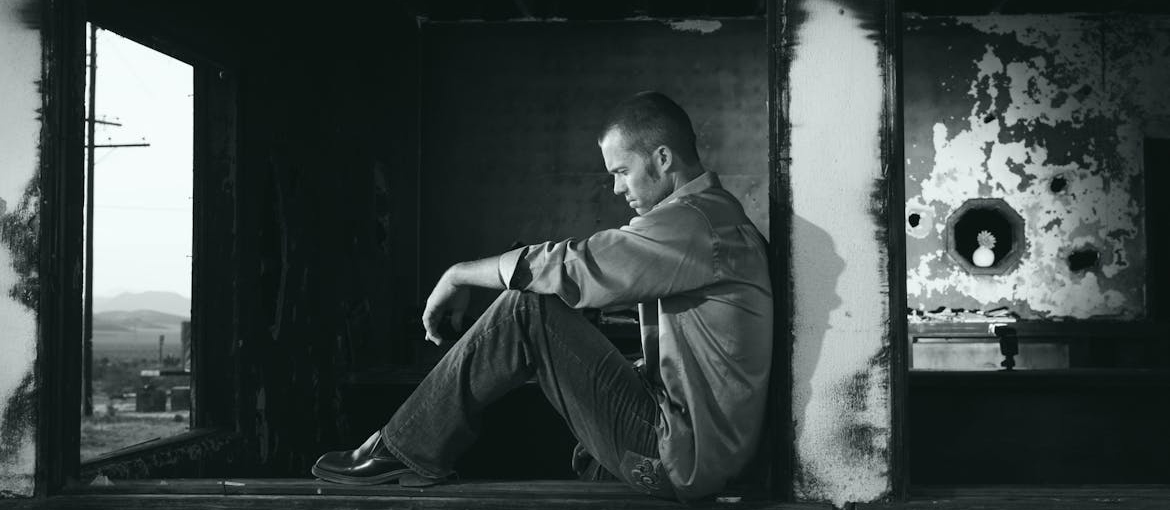
Long-Term Effects of Untreated Cocaine and Depression
When left untreated, depression and cocaine feed off each other. Things don’t just stay bad—they usually get worse. Physical health, mental health, work, and relationships all suffer. If you wait too long, recovery takes more time and more energy. If you’ve been asking what drug makes you feel depressed after, cocaine is a clear answer—and the longer you wait, the harder the fallout hits. Ignoring the problem can make things worse. These are some of the long-term effects that may show up over time:
- Chronic fatigue: Your body stays tired even with rest.
- Memory problems: You forget things or struggle to focus.
- Anxiety: Constant worry or panic without reason.
- Heart issues: Long-term use increases risk of heart attack.
- Relationship damage: Friends and family pull away due to behavior changes.
Breaking the Cycle of Cocaine and Depression
If you’re dealing with cocaine and depression, you might feel like you’re stuck in a loop. But there is a way out. You don’t have to keep living with mood swings, crashes, or feeling lost after using. These aren’t just bad days—they could be signs that your mind and body need help. Reaching out for support doesn’t mean you’ve failed. It means you’re ready to feel better. Real treatment looks at both the drug use and the mental health side. That’s how real change starts. The sooner you get help, the easier it is to feel like yourself again. You’re not the only one going through this. Talk to someone who gets it. You deserve more than another low. You deserve a way forward that actually works.



